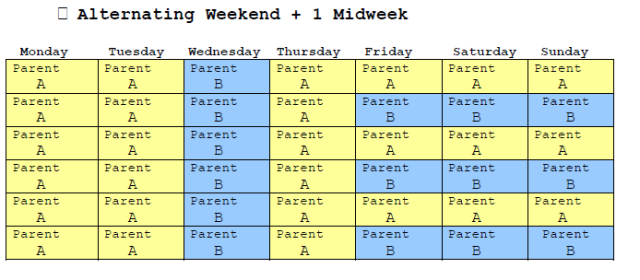Direnfeld: Settling Parenting Disputes Outside Court
Do you ever wonder how your divorce is affecting your children? Do you sometimes think about how conflict may be affecting your own mental health, and your ability to effectively parent, or co-parent?
Gary Direnfeld is an internationally known social worker, speaker, and parenting expert based out of Ontario. He has been an expert witness in many high conflict divorce trials, and yet he is a strong believer that the courtroom is a terrible forum for resolving divorce and parenting disputes. In the following radio interview, Gary discusses why he believes parenting and divorce-related issues should be resolved outside of court:
You can find a partial transcript, slightly edited for clarity, below:
Roughly 80% of folks going through a separation or divorce are going to settle things between themselves. They may have some 3rd party assistance. Twenty percent are going to turn to the courts. Less than 5%, even if turning to the courts, are going to go to trial. Most matter settle ahead of a trial. And then there is that small percentage, that 1, 2, or 3% that really tie up the courts’ time. And I, for whatever reason, find myself heavily involved with those folks.
***
High conflict parents turn to the court searching for release only to find that in many, many cases, litigation only exacerbates the problems. It doesn’t resolve them. And the reason for that is, in turning to the courts, it is often a race to the bottom. I will prove my case by making you look worse than me, and no one wants to be on the receiving end of that. So the other parent reciprocates in kind. And then the “he said she said” escalates to such a pitch that it is hard to know one from the other.






